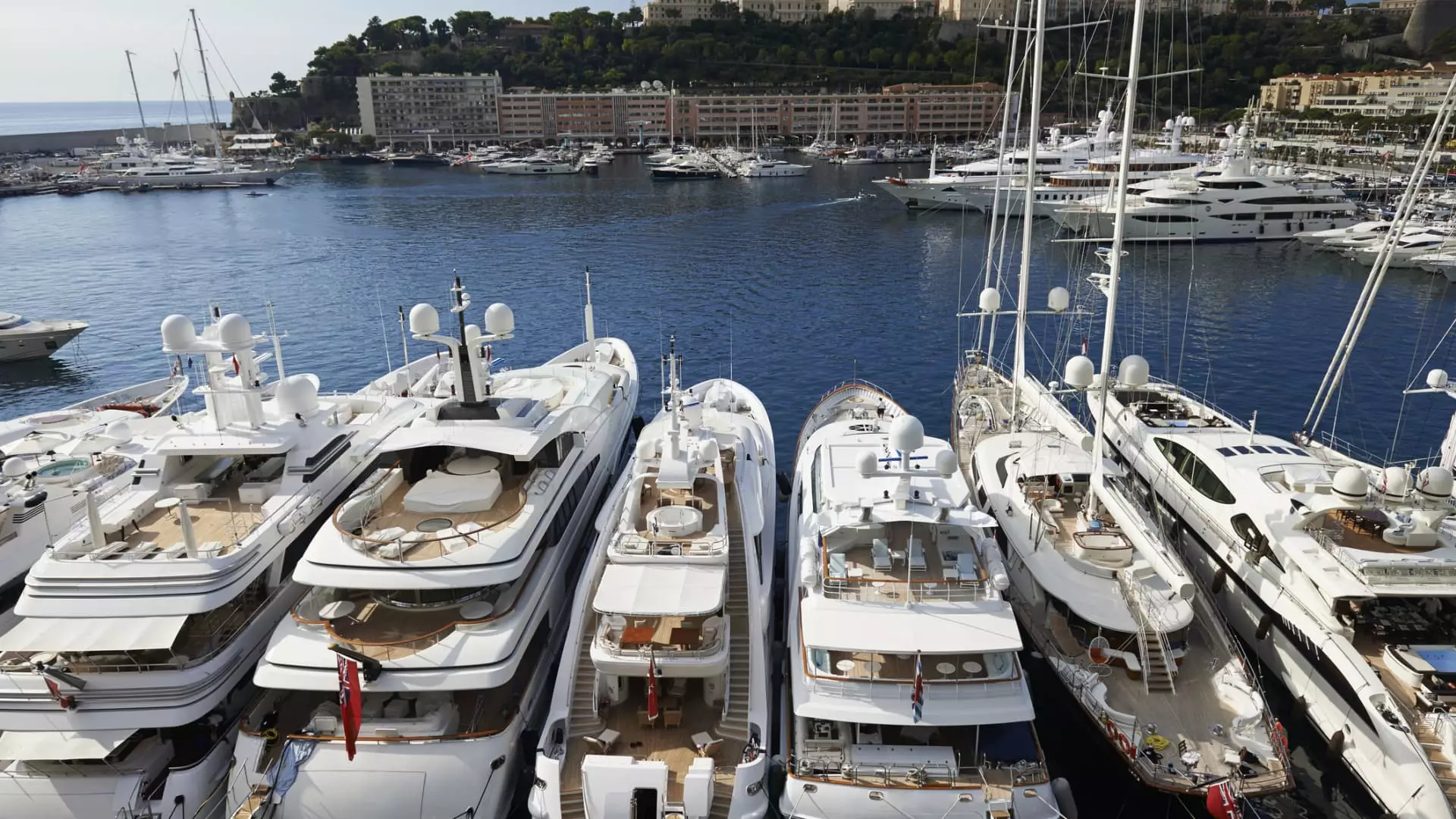Tariffs often appear as mere numbers on a tariff schedule, but their ripple effects extend far beyond mere economics. They threaten to reshape the landscape of high-end marine craftsmanship, influence global trade routes, and challenge the sovereignty of personal wealth management. In a time when the U.S. seeks to exert leverage on European industries through a proposed 15% tariff on European-made yachts, the consequences go much deeper. This isn’t solely about increased costs; it’s about the strategic recalibration of luxury, sovereignty, and economic influence in an interconnected world.
The European Boating Industry’s Fragile Position
The European boating sector, which commands a significant share of the global yacht market, finds itself on the precipice of existential threat. The United States remains the primary arena for European luxury yacht exports, and any disruption in this relationship could trigger a domino effect. European manufacturers, historically viewed as the gold standard for craftsmanship and innovation, now face an uncertain future. Instead of being an unassailable market, the U.S. has now become a battleground where trade policies wield the power of economic diplomacy—or coercion—by other means.
Disproportionate Impact on the Wealthy and the Industry’s Future
Many of the world’s wealthiest individuals possess multibillion-dollar yachts, and the assumption that a 15% increase is trivial is far from reality. High-net-worth individuals are pragmatic—they respond to cost signals more than anything else. The threat of increased tariffs prompts a re-evaluation of purchasing strategies, installations, and even ownership structures. The boutique nature of yacht building makes these figures feel abstract, yet they signal broader strategies that mirror global economic tensions. The rich are already predisposed to seek tax-efficient jurisdictions, and registering yachts in foreign flags isn’t new but now becomes a strategic weapon against tariffs.
Strategic Evasion and the Rise of Maritime Offshoring
Faced with rising costs, the most savvy yacht owners will explore offshore registration as an escape hatch. Countries such as the Cayman Islands, Malta, and Jamaica offer tax-avoidance havens, allowing owners to bypass tariffs altogether—albeit through complex and costly administrative maze navigation. This subtle game of offshore registration shifts sovereign control, giving less power to national borders and more to fiscal arbitrage. It also raises critical questions about regulatory oversight, safety standards, and the long-term effectiveness of tariffs as a policy tool. The practice further deepens the divide between “haves” and “have-nots,” creating a class of super-yachts that are essentially immune to political tariffs and economic sanctions.
The Broader Implication: Economic and Political Power Shifts
What this tariff saga exposes is a fundamental truth: economic warfare extends beyond traditional trade disputes. It influences personal sovereignty and alters the global status quo. As the U.S. inadvertently encourages offshore asset registration, it weakens its own regulatory leverage and fosters a shadow economy that bypasses national control—an outcome that could tarnish international relations and erode the rule of law. In a broader sense, this maneuvering signals a shift toward economic nationalism that risks destabilizing long-standing trade alliances, especially within the liberal-centered international order rooted in open markets and mutual cooperation.
The Domestic Impact and Shifts in the U.S. Yacht Market
Contrasting the chaos in European shipyards, domestic yacht builders may find a rare opportunity amid this turbulence. U.S. manufacturers such as Westport and Trinity could see a surge in demand, not solely due to tariffs but as a broader manifestation of economic resilience. Yet, this isn’t a level playing field; it’s an uneven terrain that favors those with the financial and logistical means to navigate offshore registration and tax strategies. The potential shift could favor ultra-luxury builders, reinforcing existing wealth disparities and entrenching the elite’s ability to insulate themselves from economic policies designed to protect domestic industries.
These tariffs are revealed as a double-edged sword—intended to assert economic dominance but risking long-term damage to the sustainable growth of a global luxury market built on craftsmanship, trust, and shared regulatory standards. For the Biden administration and policymakers alike, this crisis underscores a critical need for nuanced trade strategies that do not just impose costs but address deeper systemic vulnerabilities. Ignoring these implications risks fueling even greater economic fissures and creating a new world order where wealth can and will find ways around borders, eroding the very sovereignty that tariffs claim to protect.


Leave a Reply